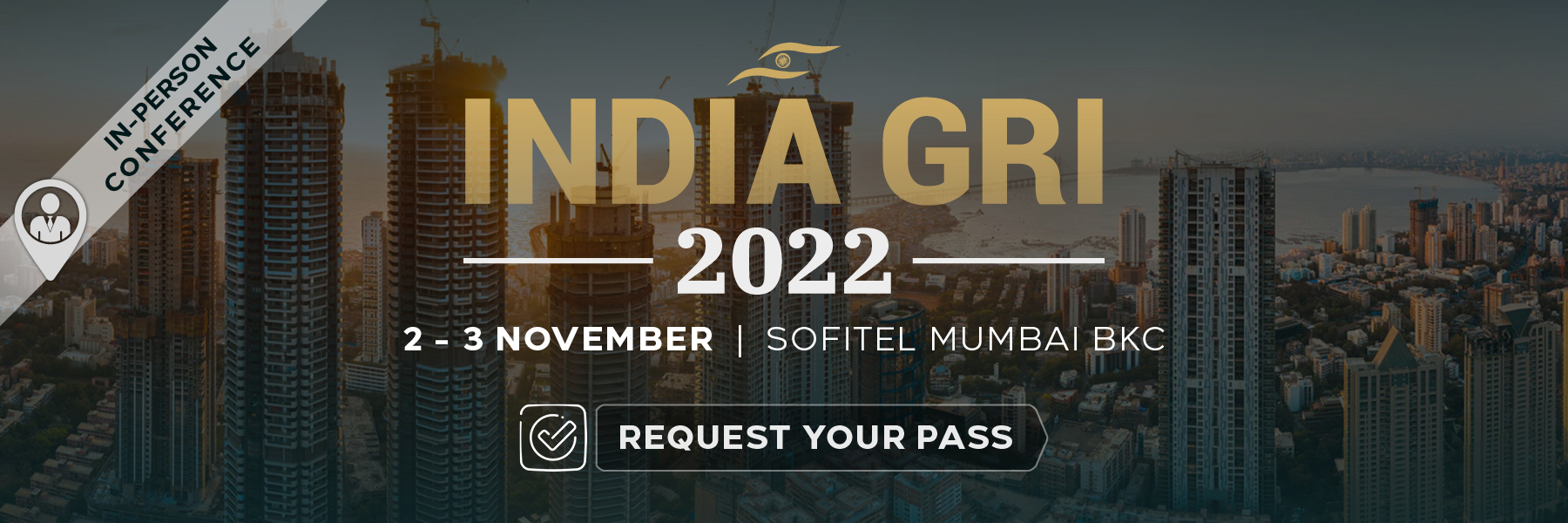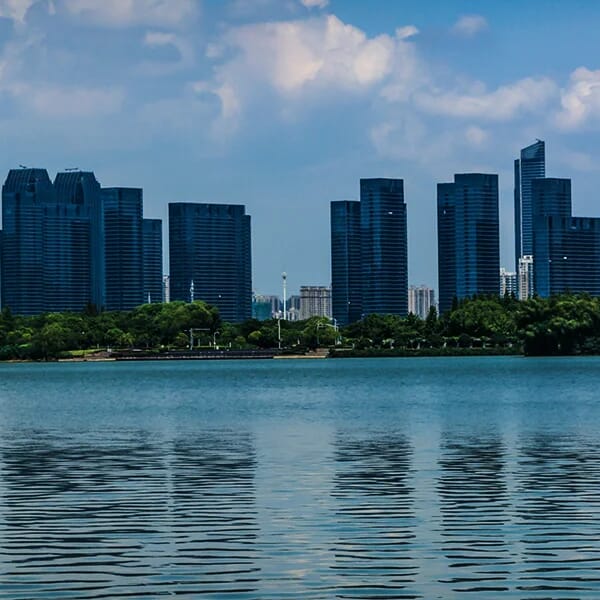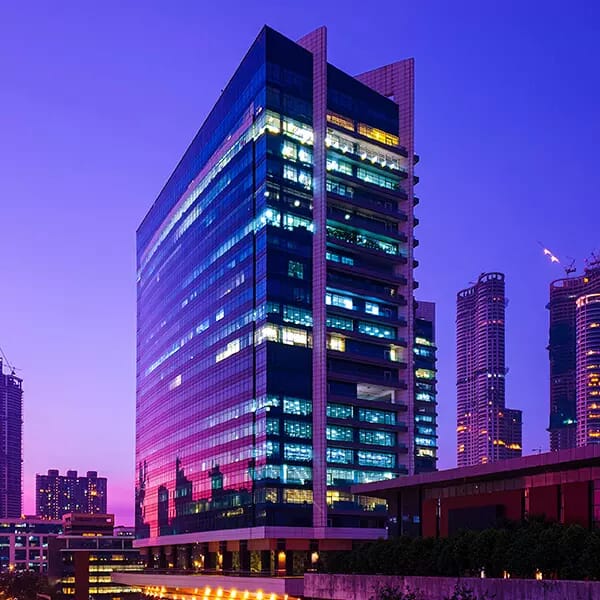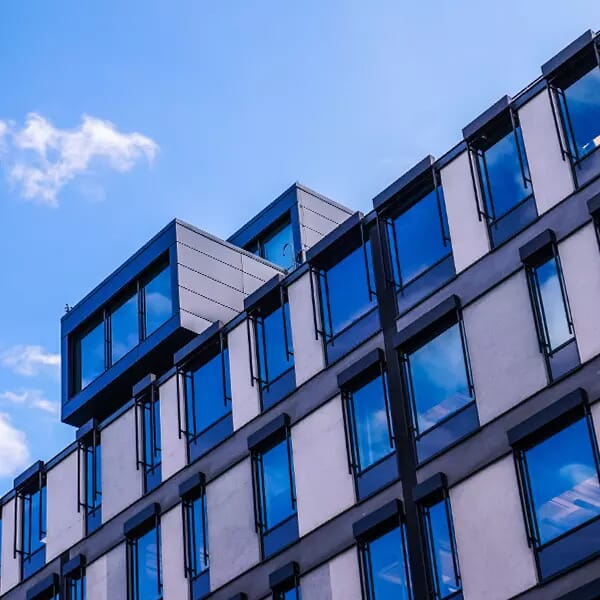 Henri Co
Henri CoDevelopers Are to Upgrade ~100 mn sq ft of Ageing Office Space
GRI Club speaks with Ramesh Nair, CEO, Asia Colliers
A recent C-suite survey led by Ramesh Nair (CEO, Asia Colliers) in collaboration with operator Awfis shows that workplaces have not only survived the pandemic, but now are serving as an essential element in driving employee relationships into a “much-needed bond”.
When it comes to returning to the office, flex spaces merged as the most preferred distributed workspace strategy of occupiers. Around 75-100% of employees have returned to offices of mid-sized firms, but 53% of occupiers prefer hybrid schedules, compared with 24% who would like to work from base location full-time. This brings considerable challenges to the “new normal” of the Indian office market.
GRI Club heard Asia Colliers’ CEO to have a closer look at what are the emerging trends tenants are demanding from developers and operators in India.
GRI Club: How office assets are likely to evolve and meet tenant expectations?
Ramesh: Occupiers are looking for NextGen office spaces to create a collaborative culture and enhance employee experience. Companies now already have a strong preference for distributed or blended workspaces wherein employees can work from different locations, closer to their home locations. As occupiers opt to set up satellite offices, choosing the right location in the peripheral zones for tier I and tier II cities will also be critical for developers and flex operators to attract occupiers.
Inclination towards smart buildings that adopt technologies like AI for predictive maintenance and IoT for energy optimization, will be key. This comes together with providing hospitality rich amenities, open and shared spaces with improved hygiene standards.
As ESG principles gain momentum, developers can build High performance buildings (HPB) using innovative technologies, that use the least amount of energy.
GRI Club: What kind of innovation tenants are demanding from operators and developers?
Ramesh: Developers have the scope to upgrade around 100 mn sq ft of ageing office space in the top six cities with focus on sustainable features as occupiers have started looking for green leases. Occupiers are expecting more wellness features from landlords followed by expectation of touchless systems and improved air quality. Also, advanced technologies like AI and IoT can be used to monitor real-time occupancy of the building which can help in crowd management and maintaining social distancing.
In addition, some design elements are attracting occupiers to the new normal:
-
With increased focus on Indoor Air Quality (IAQ), developers can provide a higher (Minimum Efficiency Reporting Value) MERV filtration up to MERV 15 to improve IAQ.
-
Well-being focused design elements like increased natural lighting, ventilation, and integrated outdoor spaces.
-
All entry and exit doors, including elevator doors and usage, can be made touchless
-
Motion activated sensor-based faucets in washrooms, maze type door-less entry and extractor fans to eliminate impure and humid air.
GRI Club: In terms of the ESG agenda, what is the sector's main challenge?
Ramesh: Defining key metrics for ESG is a major challenge. Roadmap for implementation and goals are imperative. Robust technologies are required for automated data collection, management, and reporting for factors like building performance and energy consumption.
Another hurdle is the specialised domain expertise, given the lack of real-life case studies and investment case scenarios in India.
ESG Top Challenges
- For Developers
- Green construction materials can be more expensive than the conventional construction materials
- The cost of installation, regular maintenance and upgradation of tech/sustainable equipment can add on to the overall expenditure
- For Occupiers
- Green buildings will command relatively higher rents and higher capital values
- Constant benchmarking and reporting are needed for ESG data along with the need for data security
- For Investors
- Investors get impacted by ESG related legal and regulatory requirements, for which proper expertise may be needed
- Investors need to re-invent their traditional investment models and recalibrate their strategies to match the changing needs of the occupiers
Capital Deal Flows in India and Offices’ Investment Demand will be some of the main discussions in India GRI 2022. The event will gather the most relevant and senior leaders, 62% of which are from the Indian CRE sector. Check out the full agenda.
About GRI Club
Subscribe to India GRI Newsletter: Real estate’s relevant news from India.
- Written by Lucas Brancucci ([email protected])








